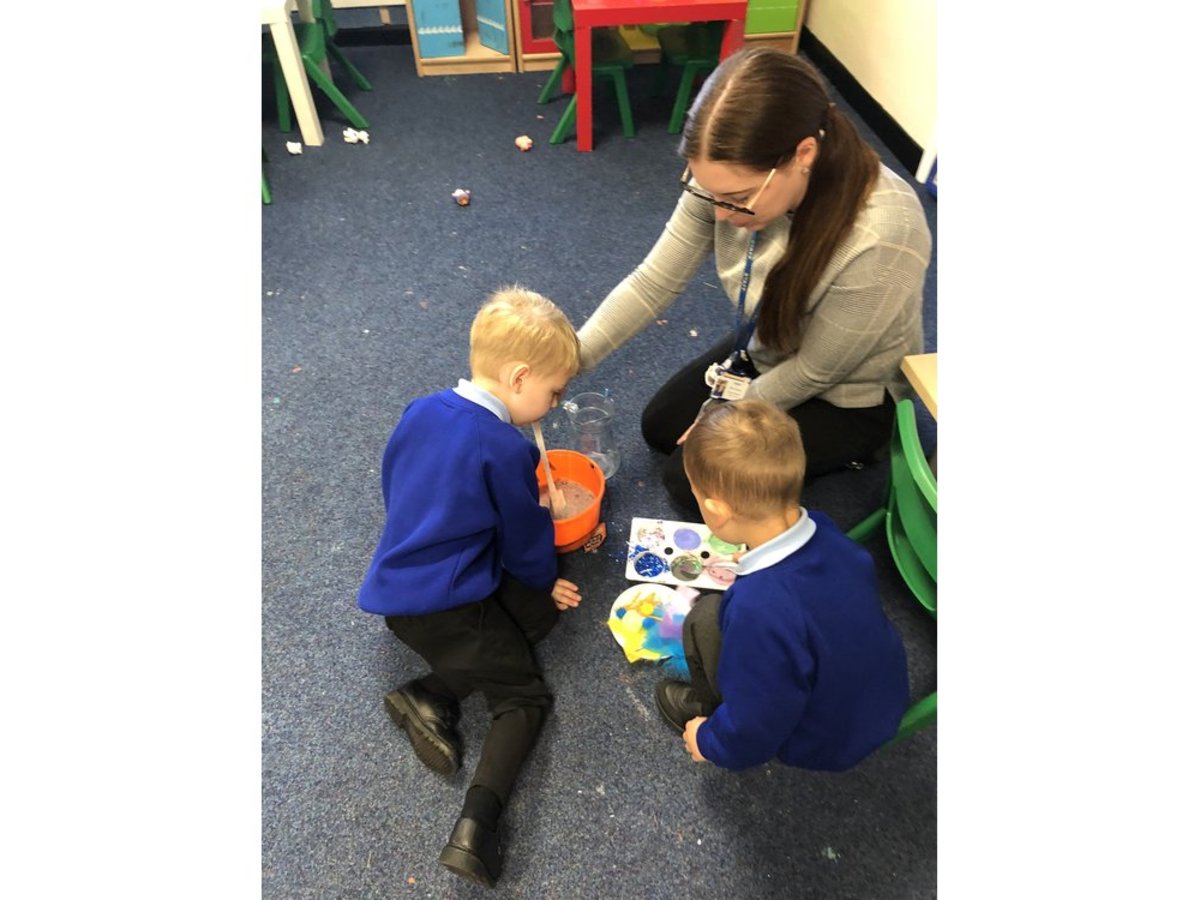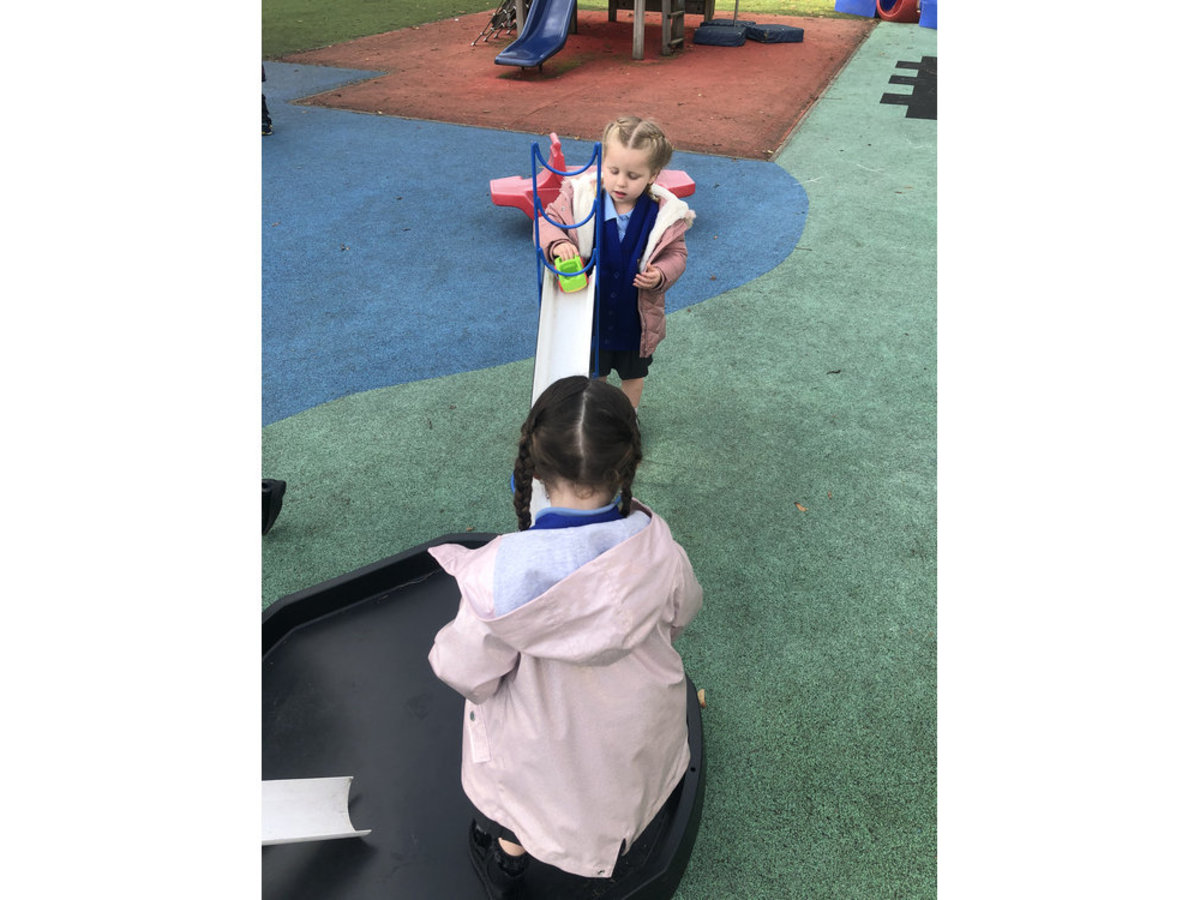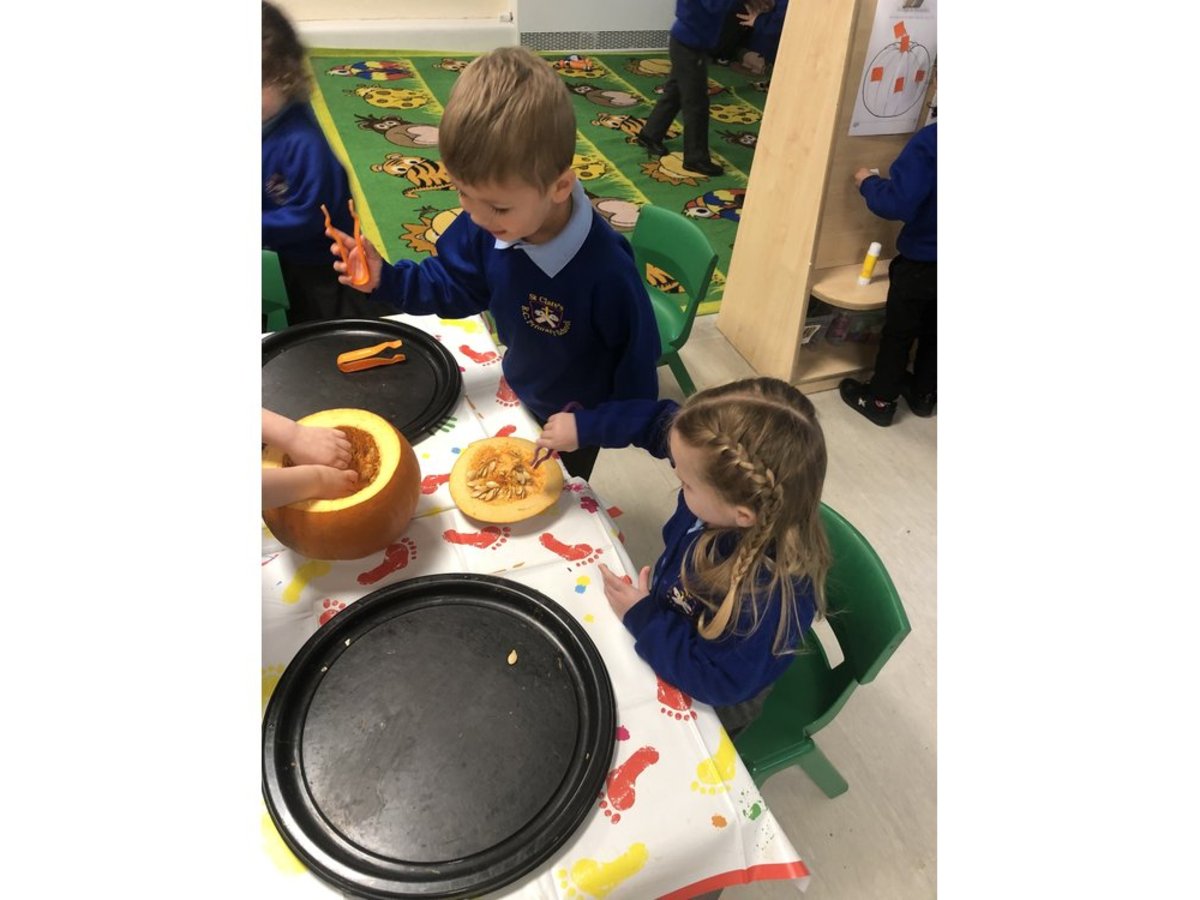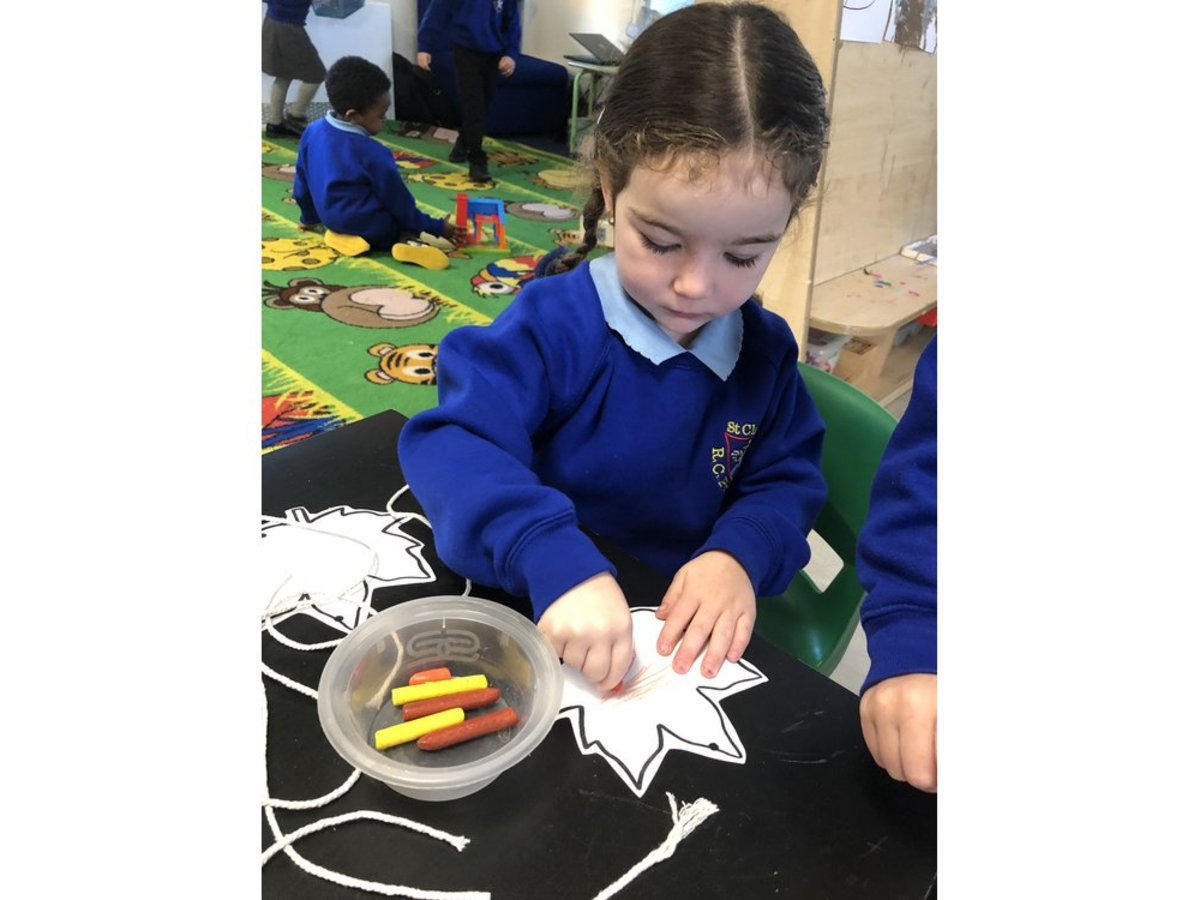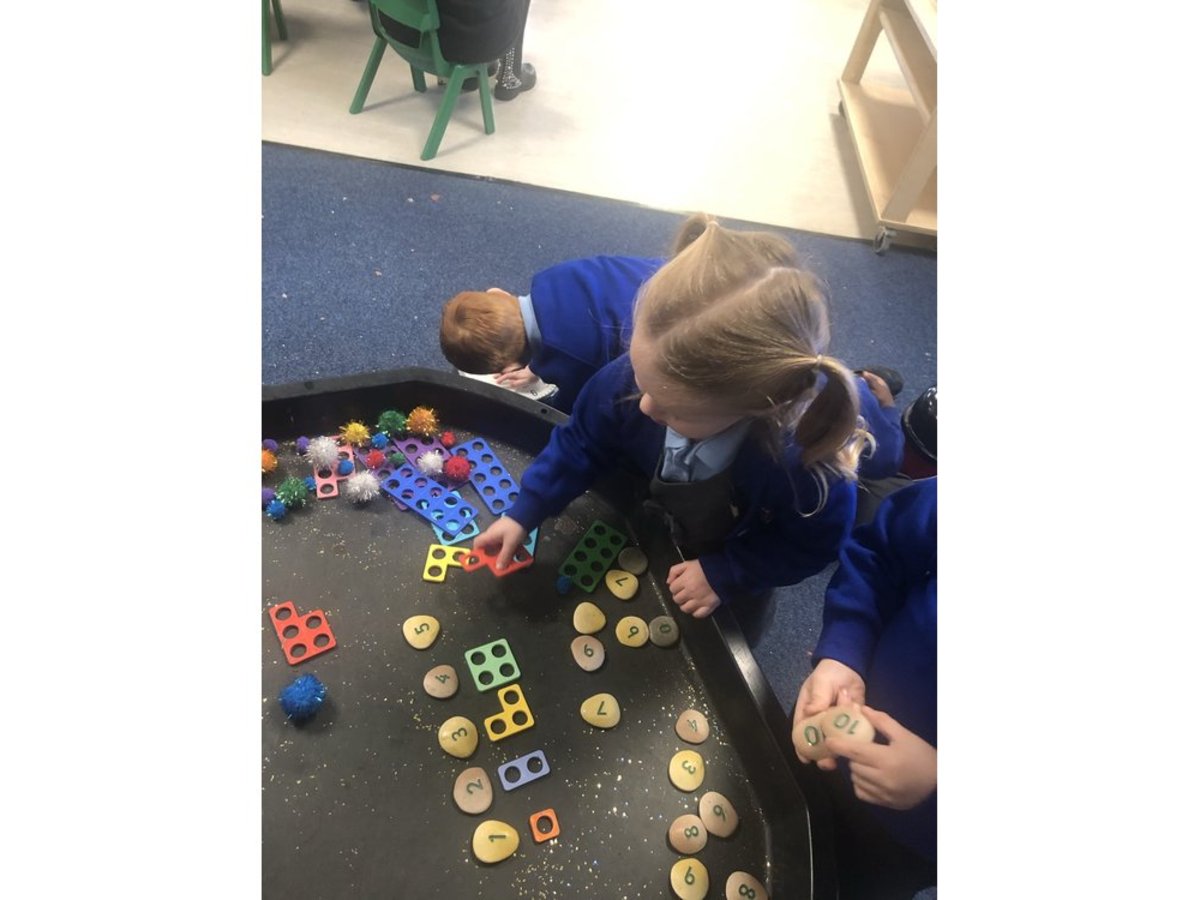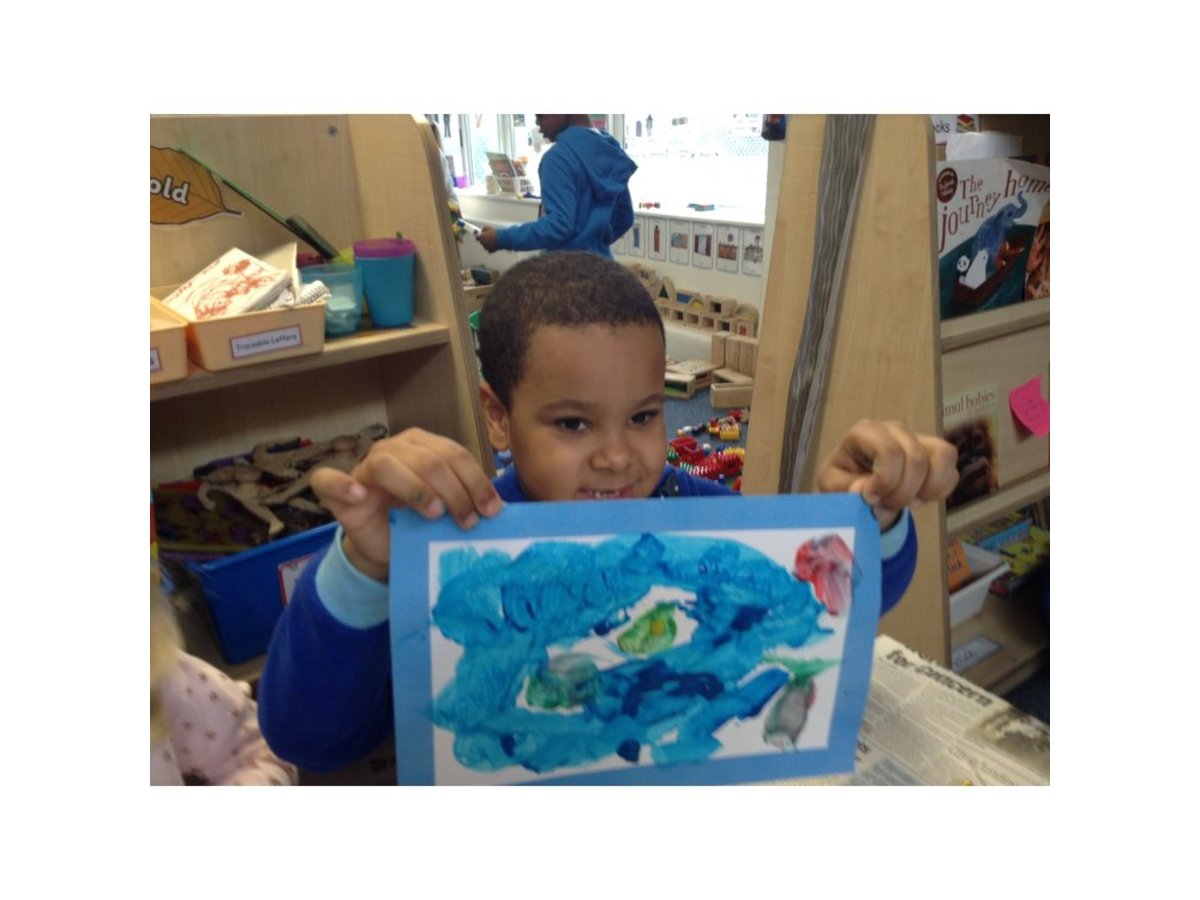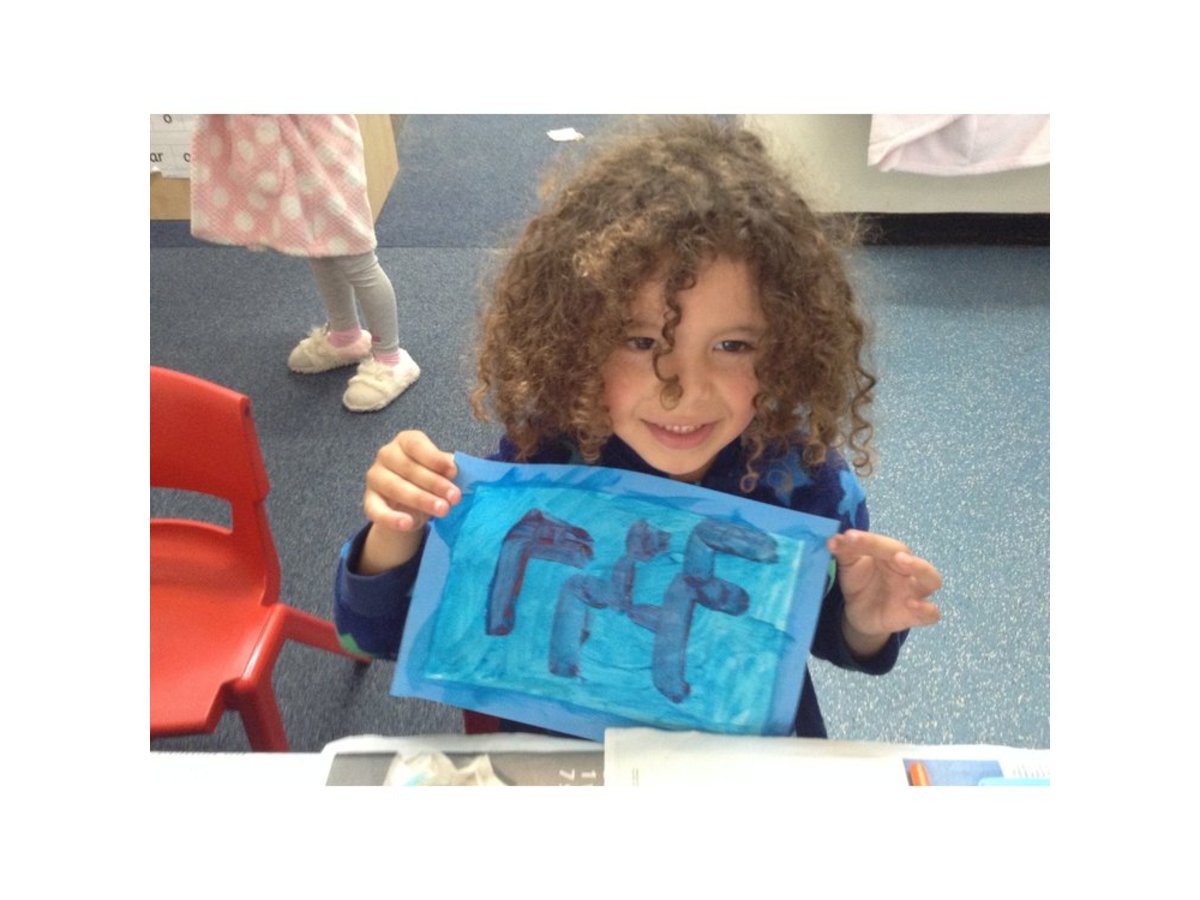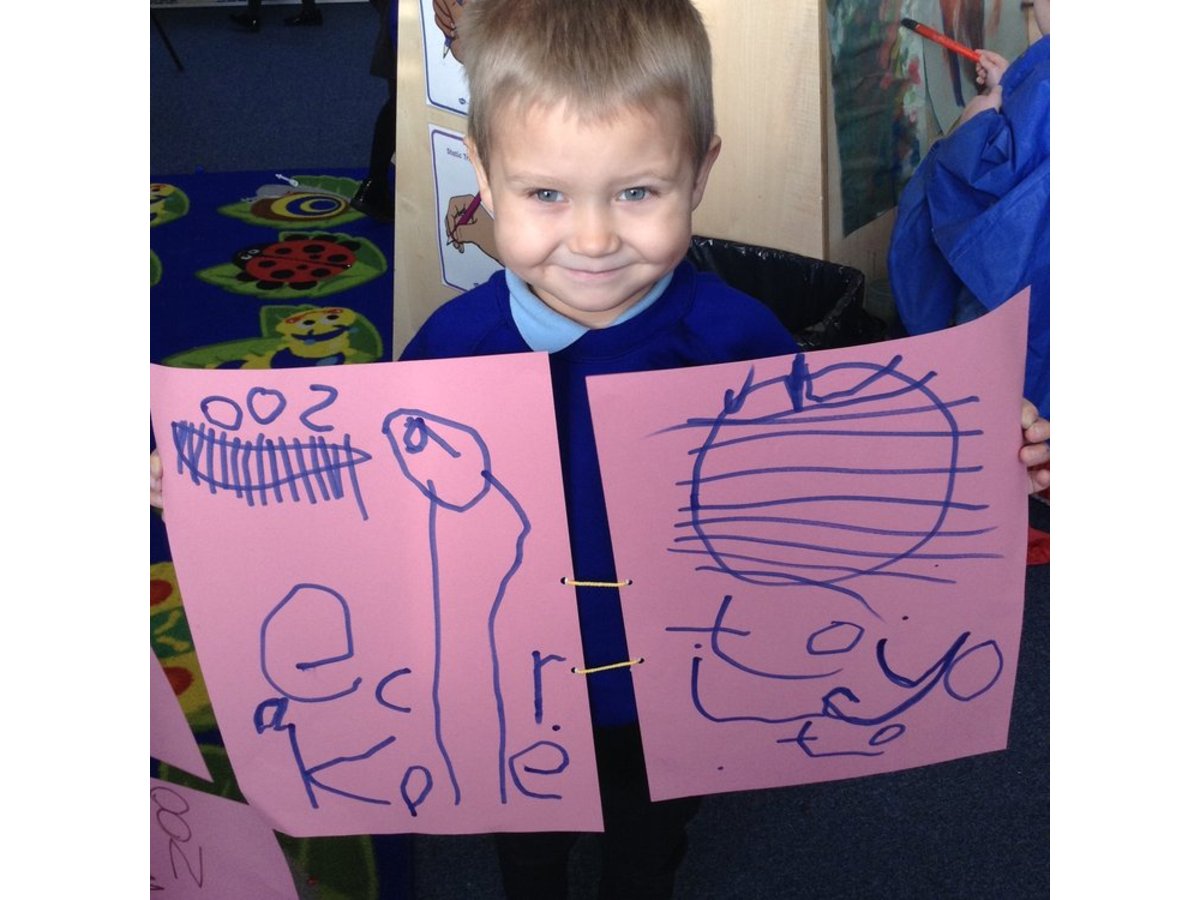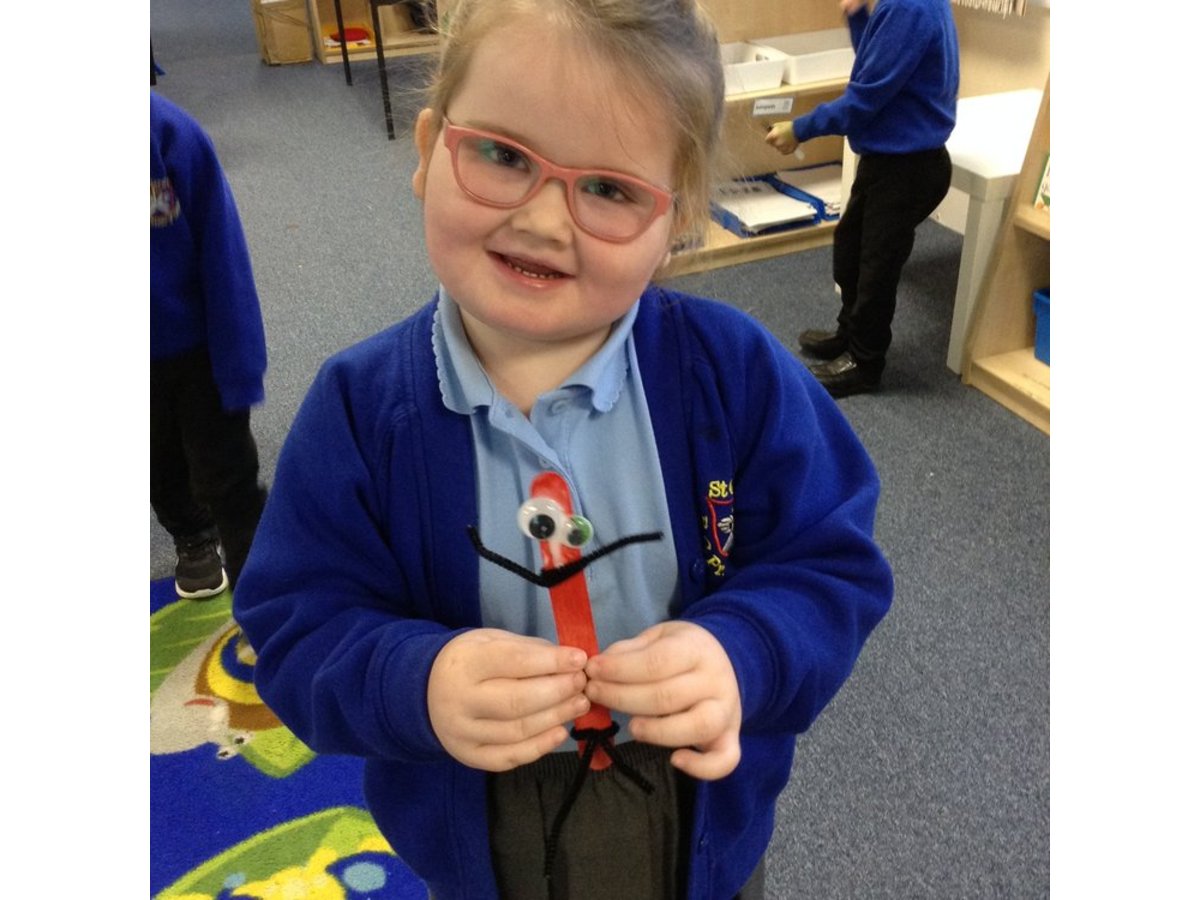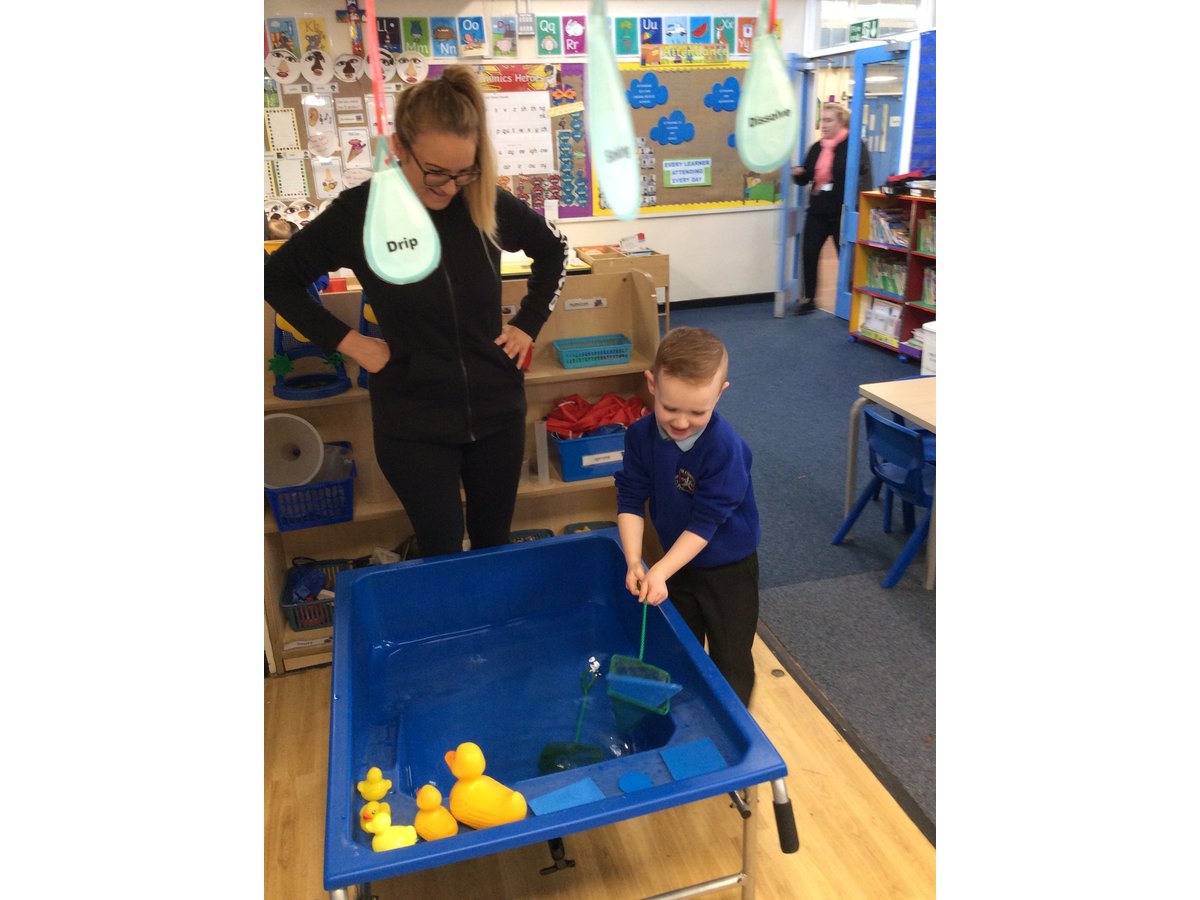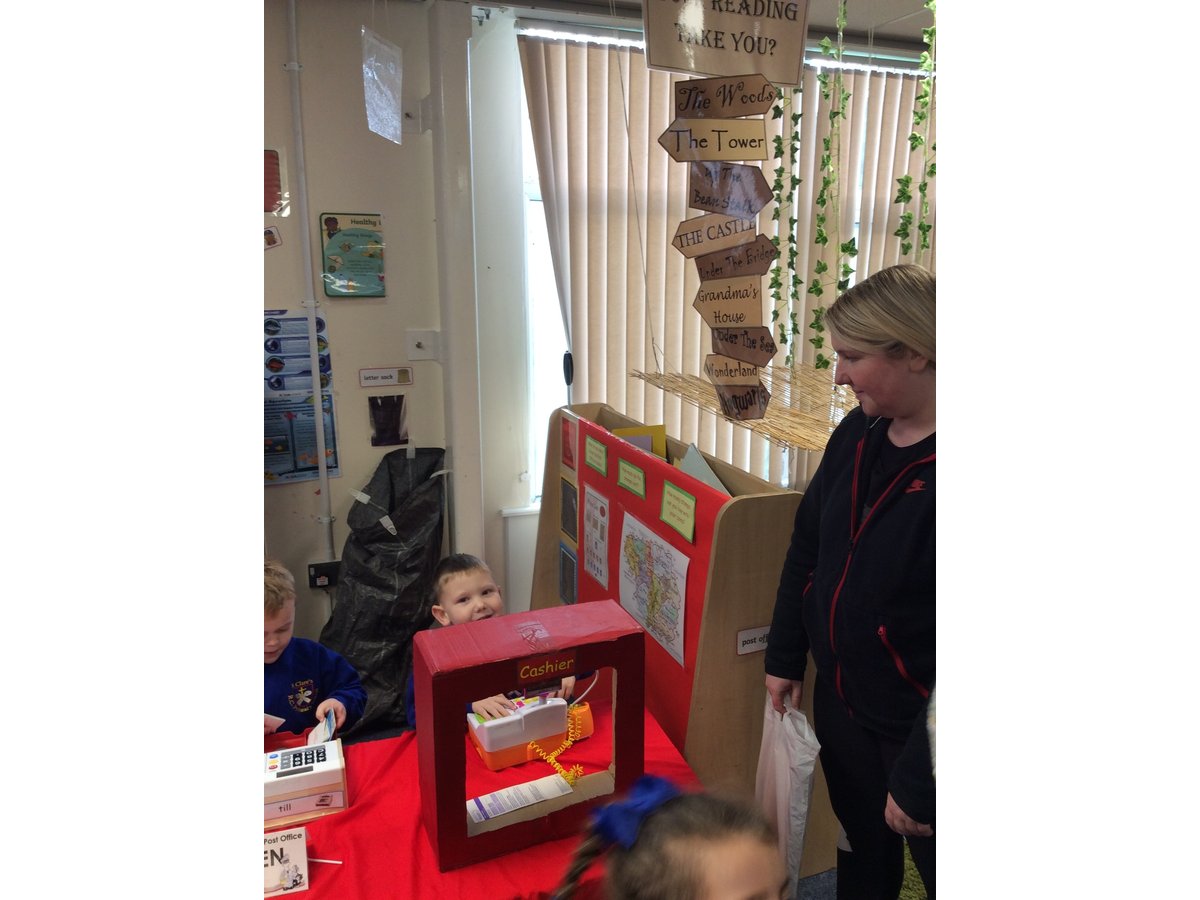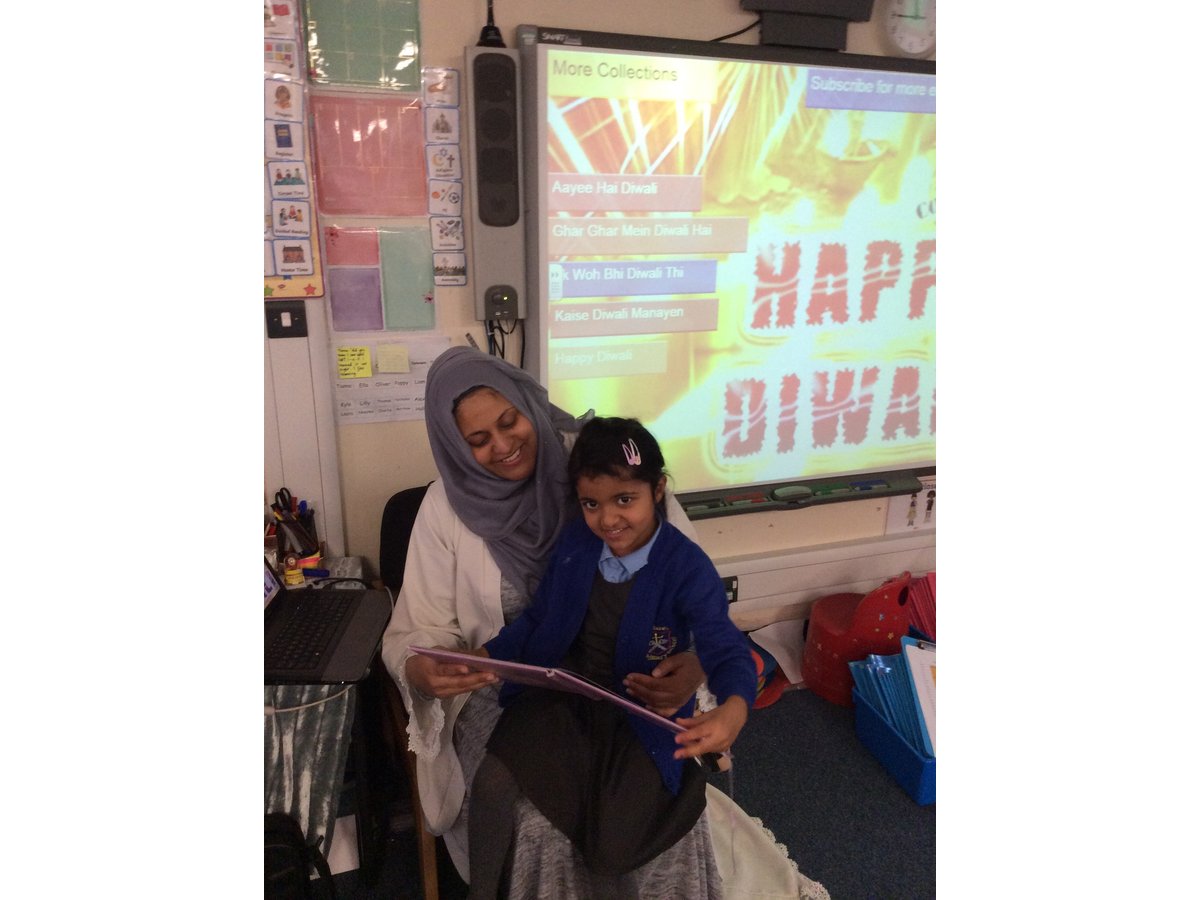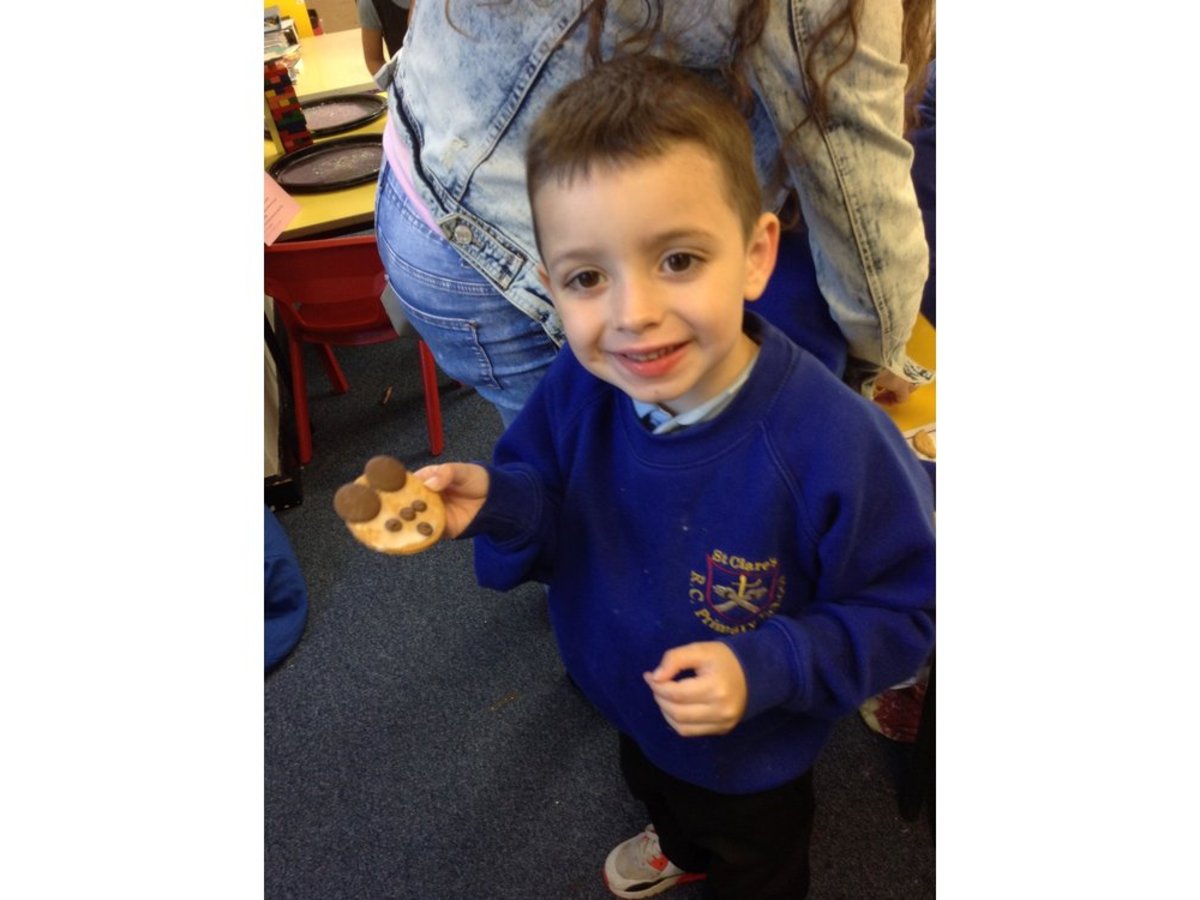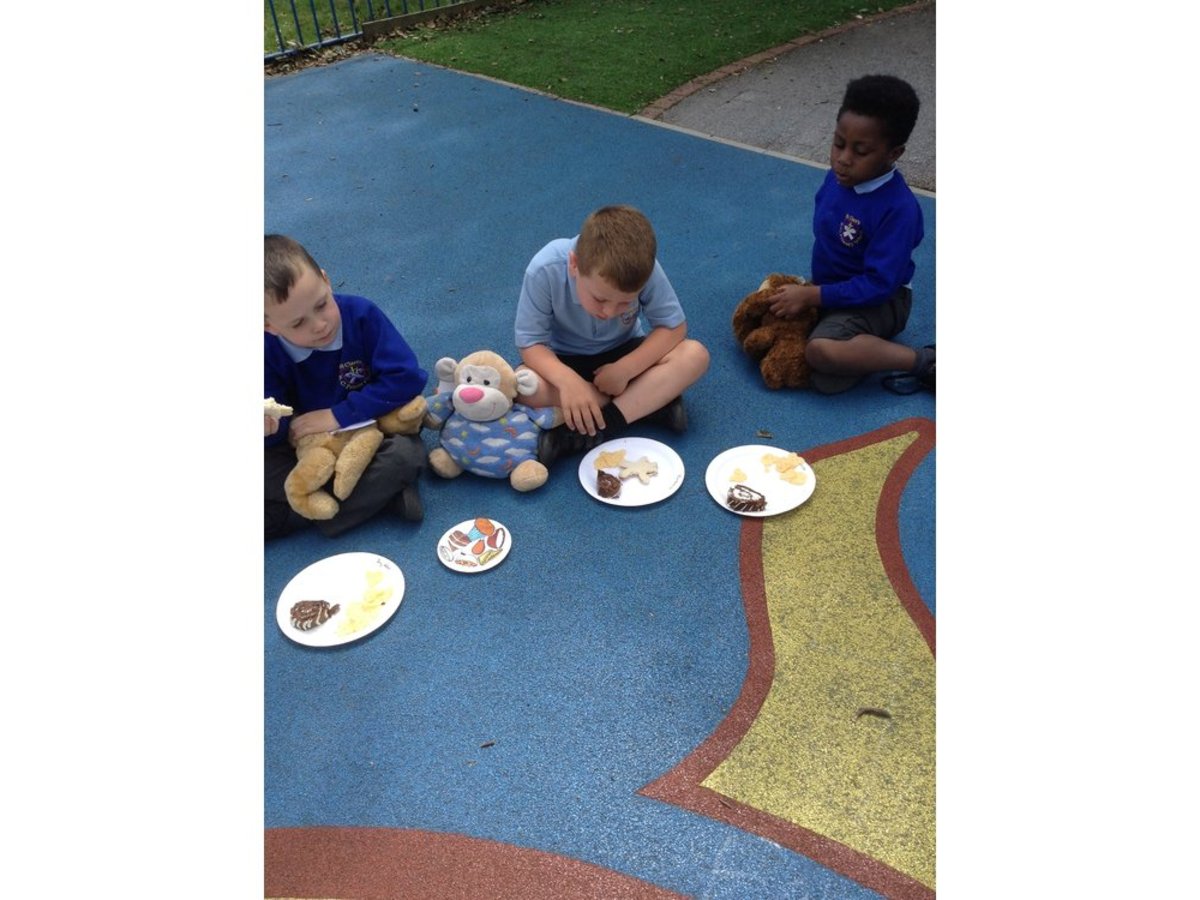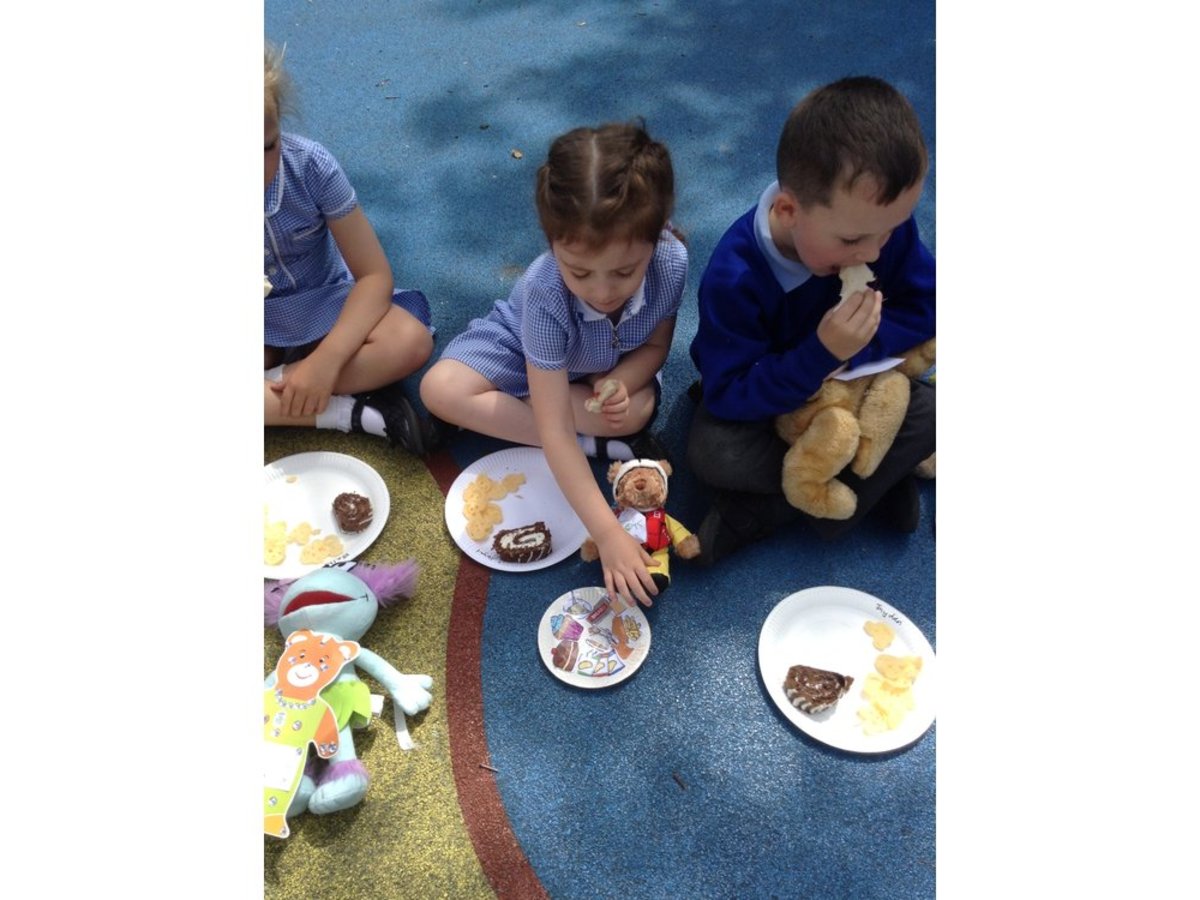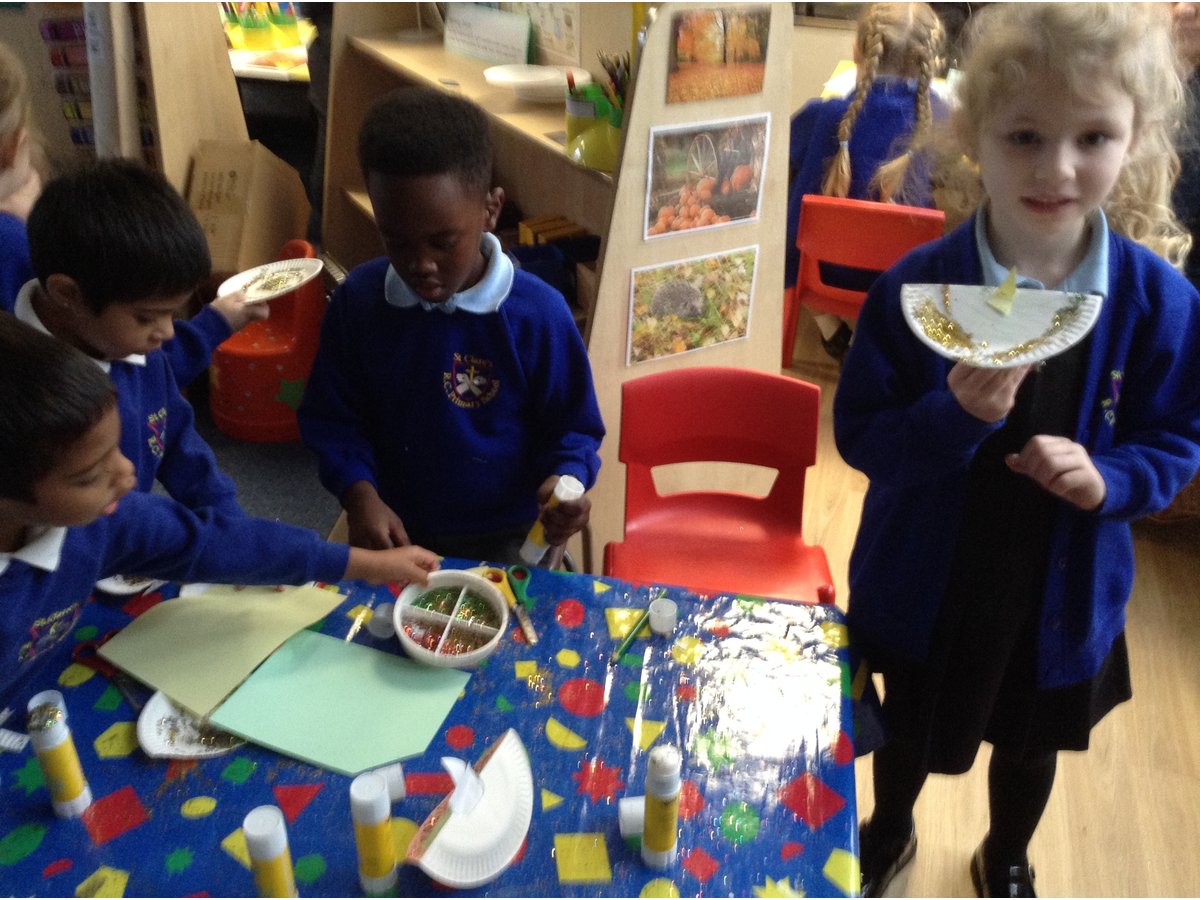EYFS Curriculum Statement
Intent
At St Clare’s we aim to deliver a broad and balanced curriculum that will make children’s first experience of school happy, positive and fun. By providing all children with the knowledge, skills and understanding they need to be confident, inquisitive, curious, independent learners, we hope to give all of our children the best chance in life to become well-rounded, happy, healthy individuals, ready to succeed in an ever-changing world.
Our EYFS curriculum has been designed to reflect the nature of our local community, the seasons of the year and God’s wonderful world. It aims to teach children how their environment compares to other places, cultures and nature in other parts of the world. It is therefore unique to St. Clare’s Primary School. We also ensure that our curriculum celebrates diversity and supports the pupils’ spiritual, moral, social and cultural development. Those children with particular needs, including SEND, are supported appropriately allowing all children to reach their full potential at St Clare’s.
Our broad and balanced curriculum in EYFS is designed around our five main drivers which are:
- Faith: The Catholic Faith is central to pupils’ development and understanding of the world, including the expectations they must have of themselves and the responsibilities they have to others, particularly those in need. Our children learn to be compassionate individuals who understand that everyone should be valued and respected. This helps to prepare them for life in modern Britain.
- Community: We want all children to be proud of their school community and to believe that they can make a difference in both their local community and in the diverse wider world. Through building children’s confidence and self-belief, our children are equipped to take risks and overcome any challenge they may face.
- Language: We don’t want any child to be left behind, so we aim to ensure that all children are exposed to the wider language of subject domains in order to make sure that no child’s development and opportunities are impeded. We aim to surround our children in a language-rich environment that provides plenty of back-and-forth interactions with adults and peers and gives children the language they need to become good communicators and writers.
- Opportunities: We recognise that in the challenging urban context in which the school is set, opportunities such as access to cultural experiences can be diminished, reducing exposure to inspirational art, music, theatre and much more. We aim to plan teaching and learning opportunities to ensure that we address this cultural deficit.
- Curiosity: We want pupils to be life-long learners and to be intrinsically motivated to utilise their reading skills to take control of their education and personal development. Curiosity about the world and their place within it is central to this.
Implementation
We believe that when children are engaged and interested in something that they have chosen to do, then they will show higher levels of engagement which leads to better outcomes. Therefore, we follow broad topics and let the children decide what direction we take within the topic. We have an exciting indoor and outdoor learning environment that children can explore as they wish. We adjust the learning environment based on their interests and to take advantage of specific learning opportunities. All children take part in adult-led focus activities, where individuals or groups of children work with an adult. To support our teaching, we use a range of good quality texts including fiction, non-fiction, rhymes and poems.
Staff plan activities and experiences for children that enable children to develop and learn effectively. In order to do this, practitioners working with the Nursery children are expected to initially focus on the three Prime Areas.
Staff also take into account the individual needs, interests, and stage of development of each child in their care, and use this information to plan a challenging and enjoyable experience. Where a child may have a special educational need or disability, staff consider whether specialist support is required, linking with relevant services from other agencies, where appropriate.
In planning and guiding children’s activities, practitioners reflect on the different ways that children learn and include these in their practice. We plan for adult and child-initiated opportunities that use a multi-sensory, fun play-based approach that will encourage children to explore, create, investigate, rehearse, practise, repeat and discover. All staff have high expectations of children’s behaviour and attainment.
Each area of learning and development is implemented through planned, purposeful play, and through a mix of adult-led and child-initiated activities. Practitioners respond to each child’s emerging needs and interests, guiding their development through warm, positive interaction.
At St. Clare’s we use the following approaches:
- Read Write Inc Phonics (children in nursery follow Phase 1 Letters and Sounds until they are ready for Read Write Inc)
- White Rose Maths/ Master the Curriculum
- Tales toolkit
- Poetry Basket
- Think Equal
- Word Aware
In Nursery, the focus is initially more on the Prime Areas and as the year progresses the focus will shift more towards the Specific Areas. Daily phonics takes place in both Nursery and Reception. Continuous Provision across EYFS covers all seventeen areas of learning.
As children progress through Reception, and as their development allows, the balance gradually shifts towards more independent, adult-led activities to help children prepare for more formal learning, ready for year 1.
We highly value indoor and outdoor play at St. Clare’s and the learning it brings in itself. Through play children explore and develop learning experiences, which help them make sense of the world. They practise and build up ideas, learn how to control themselves and understand the need for rules, thereby developing emotional resilience and self-regulation.
A rich and varied ‘enabling’ environment is actively planned for and continuously developed with varied multi-cultural and inclusive resources to encourage exploratory play-based learning and challenge. The learning environment encompasses both indoor and outdoor provision. Children are encouraged to experience all areas of the learning environment in all weathers.
Impact
- Children are successful learners who can think creatively and problem solve alongside others.
- Children demonstrate high levels of engagement, developing their speaking and listening skills.
- Children develop a wider sense of the world around them and can draw on these experiences during interactions with others and link this to new learning.
- Children are appreciate of the world around them and different cultures. They actively help their local community.
- Children develop tolerance, compassion and an understanding of people’s rights in an ever changing world.
- All children have experienced a curriculum that provides exciting and enriching learning experiences and opportunities for children to learn through educational visits and hands on experiences.
- Children develop their characteristics of learning and are able to apply their knowledge to a range of situations making links and explaining their ideas and understanding.
- Children develop their own personal resilience levels and are confident to take risks.
- Children make at least good progress from their starting point both socially and academically.
- Children are well prepared for Key Stage 1.
EYFS Key Skills Documents
EYFS Graduated Response Pyramid
For more information, please see individual Year Group pages.
.png)
